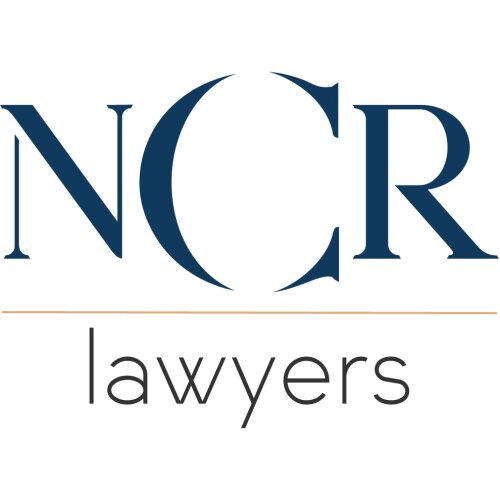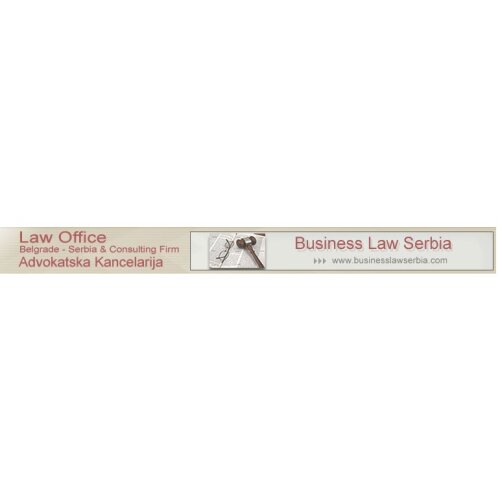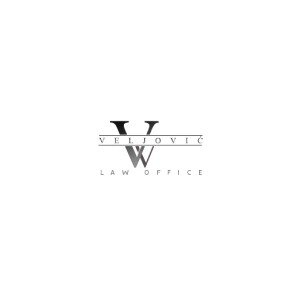Best Sanctions & Export Controls Lawyers in Belgrade
Share your needs with us, get contacted by law firms.
Free. Takes 2 min.
List of the best lawyers in Belgrade, Serbia
Legal guides written by Business Law office - Advokatska Kancelarija:
- Why Invest In Serbia
About Sanctions & Export Controls Law in Belgrade, Serbia
Sanctions and export controls are legal regulations that restrict or control the movement of goods, services, technology, and funds across borders for various policy reasons. In Belgrade, Serbia, these laws are shaped by both national regulations and international commitments. Serbian authorities implement export controls to prevent the proliferation of weapons, safeguard national security, and honor international obligations, including United Nations and European Union sanctions, even though Serbia is not an EU member. As a growing hub for trade, Belgrade businesses and individuals must be aware of these obligations to comply with both domestic and international law.
Why You May Need a Lawyer
Navigating sanctions and export controls can be complex and risky. Common situations requiring legal assistance include:
- Engaging in cross-border trade of goods that may be restricted or dual-use
- Exporting or importing technology, software, or information across borders
- Dealing with businesses or individuals from countries subject to international sanctions
- Responding to government investigations or audits concerning export compliance
- Applying for licenses or permits required for exporting controlled goods
- Transferring funds or assets that may be affected by sanctions lists
- Advising multinational companies on the application of international sanctions law in Serbia
- Drafting and reviewing contracts to ensure compliance with sanctions obligations
- Defending against enforcement actions or penalties related to sanctions breaches
A specialized lawyer ensures you understand your responsibilities, successfully apply for required authorizations, minimize business risks, and avoid severe penalties.
Local Laws Overview
Serbia regulates sanctions and export controls through several national laws and governmental decrees. Key legal frameworks include:
- Law on Foreign Trade of Dual-Use Goods: Controls exports and transit of products that can be used for both civilian and military purposes.
- Law on Export and Import of Armaments and Military Equipment: Governs trade in items specifically intended for military use.
- Customs Law: Contains provisions on general export and import procedures, including prohibitions and security screening.
- Sanctions Laws: Serbia implements binding United Nations sanctions and sometimes aligns with European Union restrictive measures, particularly when it relates to maintaining international agreements and regional stability.
- National Control Lists: Maintain exhaustive lists of controlled goods and technologies updated periodically by governmental authorities.
In practice, companies, logistics providers, and financial institutions need proper licensing and must conduct thorough due diligence before engaging in cross-border transactions or partnerships. Violations can result in administrative fines, criminal penalties, or exclusion from government procurement opportunities.
Frequently Asked Questions
What are sanctions and export controls?
Sanctions are restrictions imposed by governments or international bodies to influence behavior, often targeting specific countries, sectors, organizations, or individuals. Export controls are laws that restrict the export or re-export of certain goods, services, or technologies for reasons of security or policy.
What goods are considered dual-use in Serbia?
Dual-use goods are items that can be used for both civilian and military applications. In Serbia, these are defined by national control lists, which are largely harmonized with international standards such as the Wassenaar Arrangement.
Is Serbia subject to European Union sanctions?
Serbia is not an EU member, but it often aligns its policies with EU sanctions to support its path toward EU membership and fulfill international commitments. However, the list of applicable measures may not always fully match those of the EU.
Do I need a license to export controlled products?
Yes, exporting military or dual-use goods from Serbia generally requires prior authorization from the relevant government body. Failure to obtain such a license can lead to serious legal consequences.
Which authority manages export controls and sanctions in Serbia?
The Ministry of Trade, Tourism and Telecommunications and the Ministry of Foreign Affairs manage export controls, while the Ministry of Finance (Customs Administration) plays a key role in enforcement.
How do I know if my business partner is subject to sanctions?
You should check the published lists of sanctioned entities and individuals made available by the government and monitor both domestic and international notices. Legal counsel can assist with due diligence procedures.
Are services and technology transfers controlled?
Yes, not only physical goods but also intangible transfers of technology, software, and intellectual property may require authorization or be subject to restrictions.
What are the penalties for violating sanctions or export controls?
Penalties can include significant fines, confiscation of goods, loss of business licenses, and, in cases of grave misconduct, criminal prosecution for responsible individuals and management.
How often do control and sanctions lists change?
Control and sanctions lists are updated regularly in accordance with international developments. It is important for businesses and individuals to stay informed and consult the latest legal and regulatory information.
Can I seek an exemption from sanctions or controls?
In certain circumstances, it is possible to request an exemption or license for specific exports or transactions. This process is handled on a case-by-case basis and typically requires legal justification and supporting documentation.
Additional Resources
For more information and official guidance on sanctions and export controls in Belgrade, Serbia, the following resources may be helpful:
- Ministry of Trade, Tourism and Telecommunications - Division for Export Control
- Ministry of Foreign Affairs - Sanctions Implementation Division
- Customs Administration of Serbia - Information on import and export procedures
- Chamber of Commerce and Industry of Serbia - Information for exporters and businesses
- Official Gazette of the Republic of Serbia - Latest laws and decrees
- Certified trade associations specializing in export controls
- International organizations: UN Security Council Sanctions Committees, relevant EU bodies
Next Steps
If you believe sanctions or export controls affect your activities in Belgrade, Serbia, consider these steps:
- Identify if your business involves controlled goods, services, or technologies
- Check the latest national and international sanctions lists
- Consult legal counsel specialized in trade compliance and sanctions law
- Contact the relevant government body for guidance on licensing and compliance procedures
- Regularly update your compliance policies and training to reflect current laws
A lawyer with expertise in Serbian sanctions and export controls can provide tailored legal advice, help you apply for necessary permits, assist with internal audits, and defend your interests in case of legal challenges or enforcement actions. Timely legal support is critical to minimizing risks and ensuring lawful operations in the complex area of sanctions and export controls.
Lawzana helps you find the best lawyers and law firms in Belgrade through a curated and pre-screened list of qualified legal professionals. Our platform offers rankings and detailed profiles of attorneys and law firms, allowing you to compare based on practice areas, including Sanctions & Export Controls, experience, and client feedback.
Each profile includes a description of the firm's areas of practice, client reviews, team members and partners, year of establishment, spoken languages, office locations, contact information, social media presence, and any published articles or resources. Most firms on our platform speak English and are experienced in both local and international legal matters.
Get a quote from top-rated law firms in Belgrade, Serbia — quickly, securely, and without unnecessary hassle.
Disclaimer:
The information provided on this page is for general informational purposes only and does not constitute legal advice. While we strive to ensure the accuracy and relevance of the content, legal information may change over time, and interpretations of the law can vary. You should always consult with a qualified legal professional for advice specific to your situation.
We disclaim all liability for actions taken or not taken based on the content of this page. If you believe any information is incorrect or outdated, please contact us, and we will review and update it where appropriate.

















